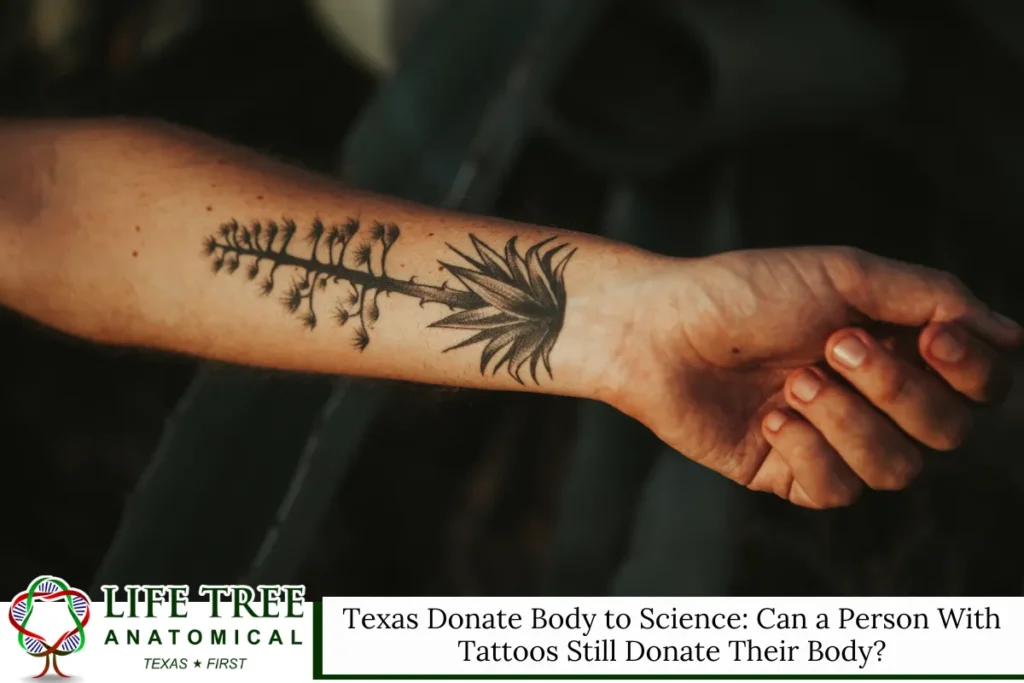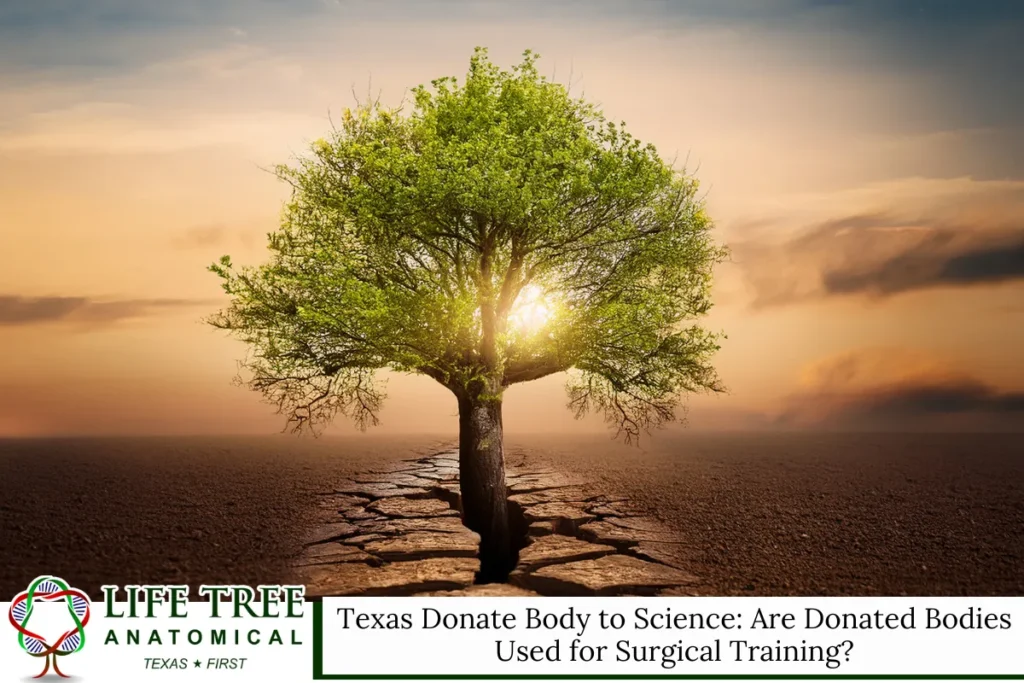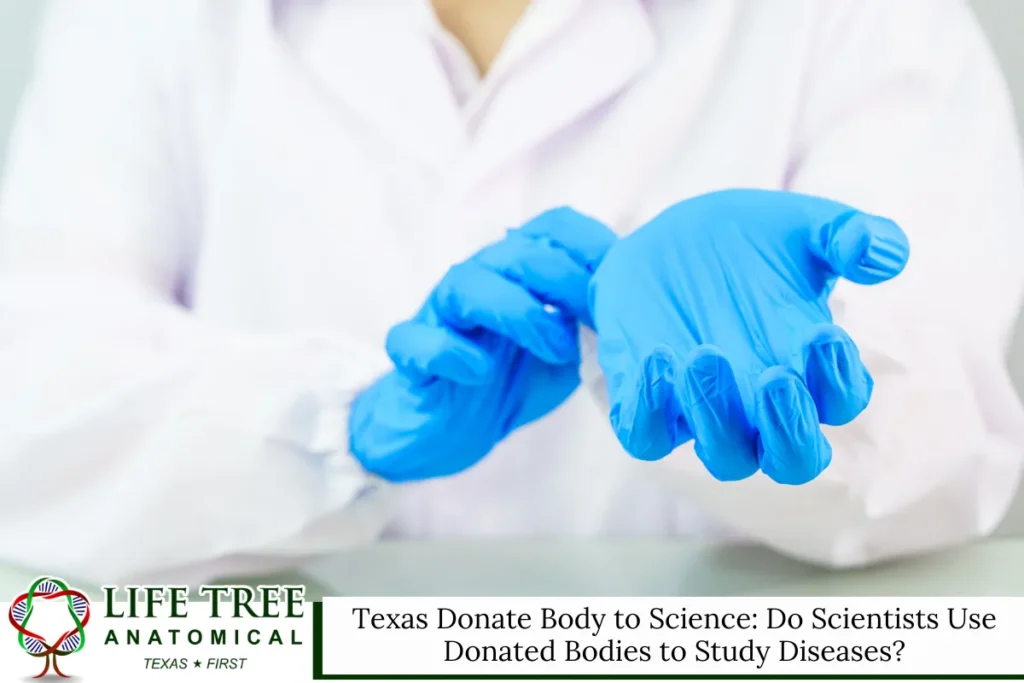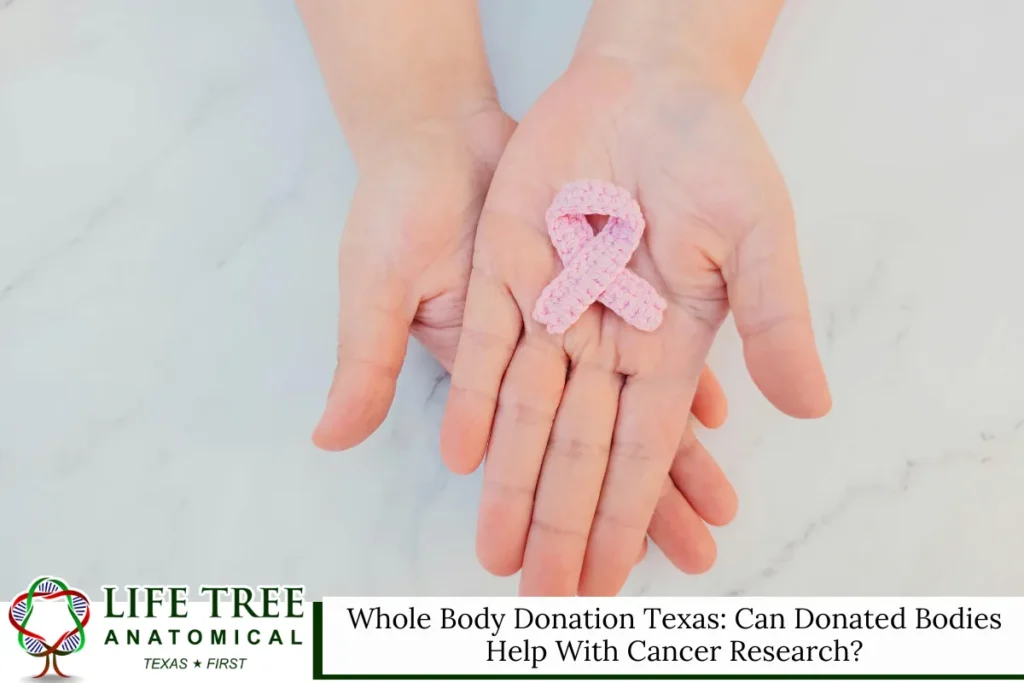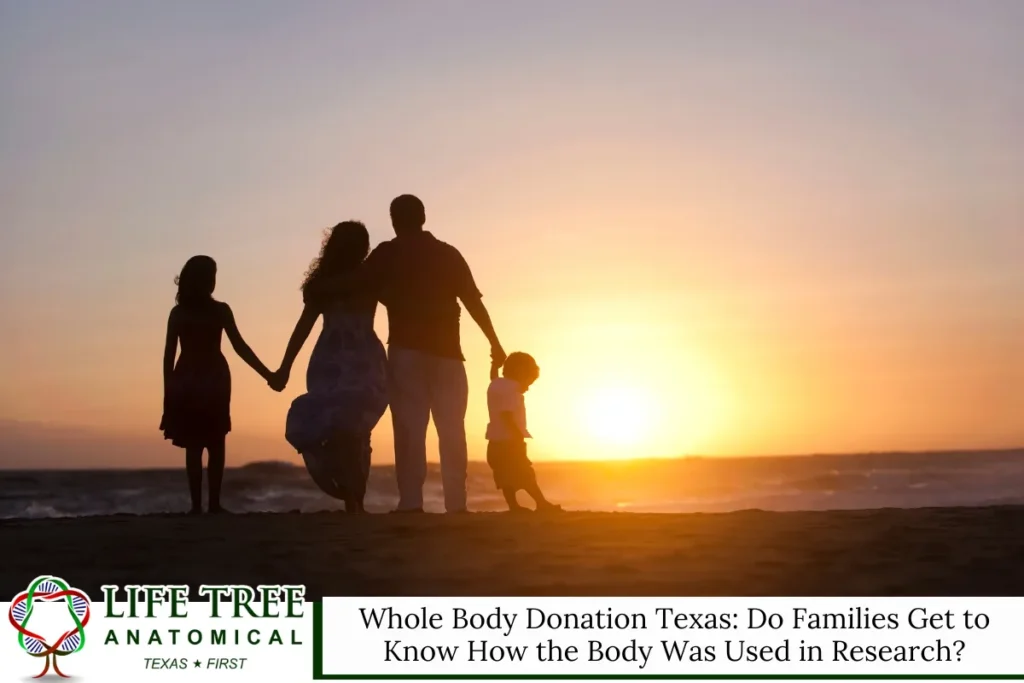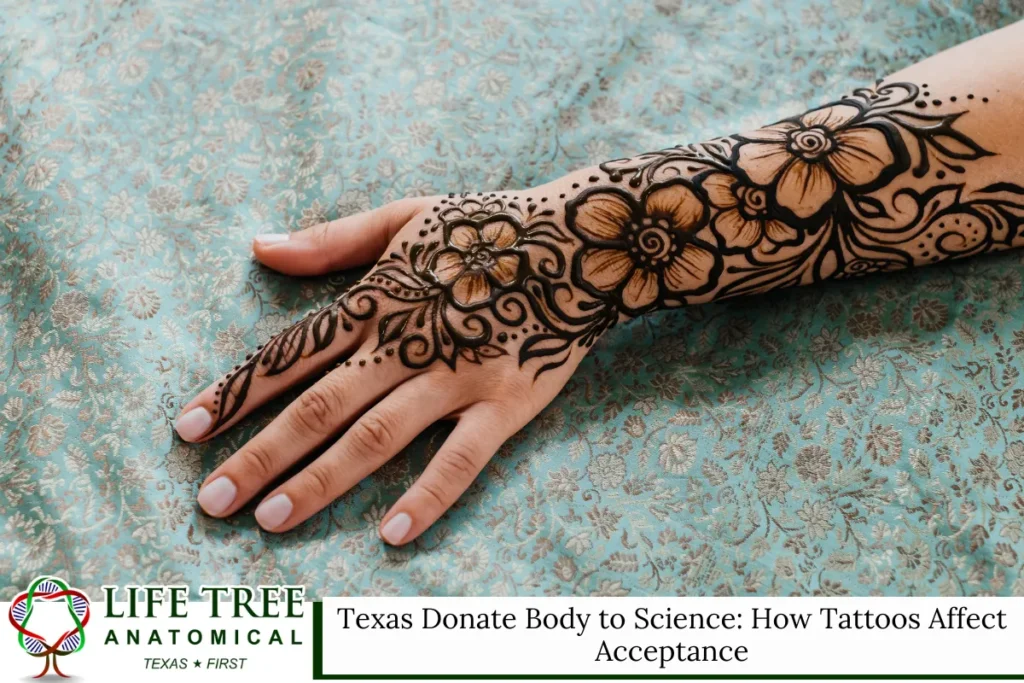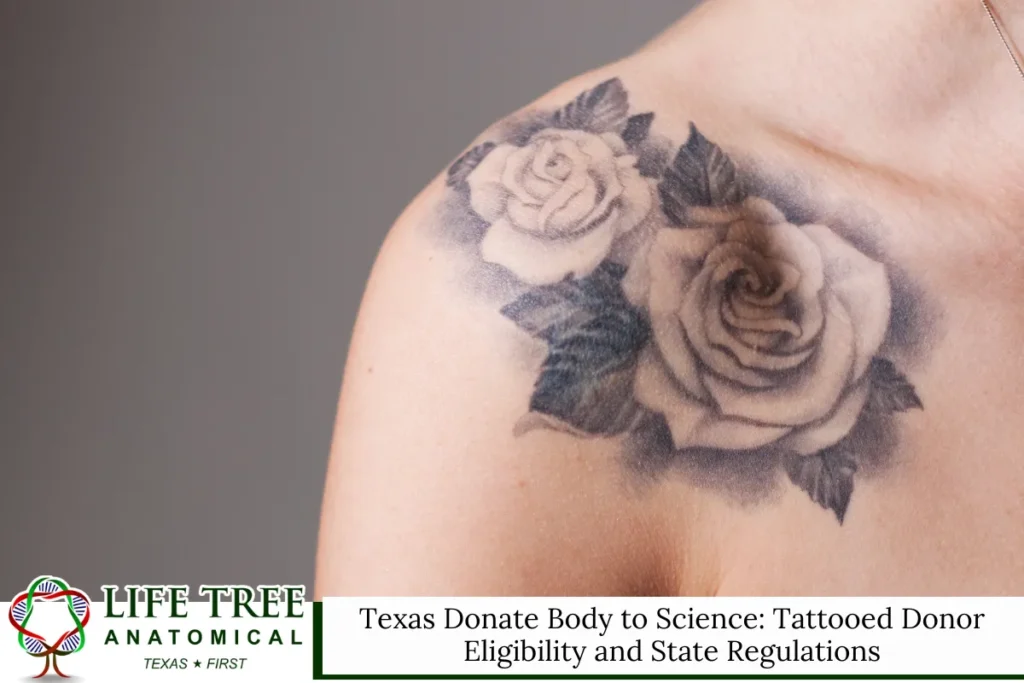When researching Texas donate body to science, one of the most common questions people ask is whether having tattoos disqualifies someone from donating their body to medical research. Many Texans are passionate about leaving a meaningful legacy, but concerns about eligibility can cause confusion or hesitation. This uncertainty may prevent willing individuals from exploring whole body donation, missing a chance to advance science and help future generations. Fortunately, modern willed body programs in Texas have clear guidelines, and tattoos usually do not disqualify potential donors. In this article, we explain how body donation works, eligibility requirements, and the impact of donating—especially if you have tattoos.
Exploring Whole Body Donation in Texas
Whole body donation is a powerful gift that supports medical training, research, and the advancement of healthcare. Through willed body programs, Texans can contribute to science, knowing their donation may help doctors learn new skills, discover treatments, or save lives. Texas is home to reputable programs and organizations that oversee the ethical use of donated bodies, ensuring dignity and respect throughout the process.
What Does It Mean to Donate Your Body to Science?
Donating your body to science in Texas means consenting to have your remains used for medical research or educational purposes. Universities, medical schools, and research facilities rely on body donations for training doctors, developing surgical techniques, and understanding diseases. Unlike organ donation, which focuses on transplantation, whole body donation offers a broader range of scientific opportunities.
Who Oversees Body Donation Programs in Texas?
The Texas Anatomical Board regulates whole body donation within the state. They establish guidelines for willed body programs, ensuring legal and ethical standards. Licensed organizations and institutions—such as universities and accredited research centers—manage the process, from registration to transportation and final arrangements. This oversight guarantees your donation serves a valid medical or educational purpose.
Addressing Tattoo Concerns in Body Donation

Do Tattoos Disqualify You from Whole Body Donation?
One of the most persistent myths about body donation is that tattoos make you ineligible. In reality, having tattoos rarely affects your ability to participate in a Texas donate body to science program. Most willed body programs do not exclude individuals based solely on tattoos, provided they meet all other medical and legal requirements.
Why Do People Think Tattoos Are a Barrier?
This misconception likely comes from organ donation rules or blood donation guidelines, which sometimes defer donors who have recent tattoos due to infection risk. However, whole body donation programs have different criteria. As long as the tattoos do not indicate infectious diseases or certain health risks, they do not disqualify you.
When Might Tattoos Impact Eligibility?
There are a few rare scenarios where tattoos could be a factor:
- If the tattoo is very recent (typically less than 12 months old) and was not performed in a licensed facility, there may be concerns about bloodborne infections.
- If the tattoo covers or hides evidence of trauma or certain medical conditions, examiners may require further review.
- If the tattoo is related to hate symbols or explicit content, some institutions may decline the donation based on organizational policies.
For most donors, tattoos—regardless of their design or size—are not a barrier. The key eligibility factors relate to medical history and disease transmission risks.
Understanding Eligibility for Whole Body Donation in Texas
Common Medical and Legal Requirements
Before registering for a willed body program, you must meet certain criteria. While these can vary slightly among programs, typical requirements include:
- Age 18 or older (legal adults can register themselves)
- No contagious diseases at time of death (e.g., HIV/AIDS, hepatitis B or C, tuberculosis, Creutzfeldt-Jakob Disease)
- No recent major surgery or trauma
- Body weight within program limits (usually under 250-300 pounds)
- No extensive autopsies or organ removal prior to donation
What Medical Conditions May Affect Acceptance?
Whole body donation programs prioritize safety for students, staff, and researchers. Conditions that commonly affect eligibility include:
- Infectious diseases
- Advanced decomposition at time of death
- Recent unhealed surgery, severe trauma, or open wounds
- Severe edema (swelling) or conditions affecting tissue preservation
Chronic conditions like diabetes, hypertension, or having tattoos are generally acceptable, provided the overall health history aligns with program requirements.
Can You Still Donate After Organ or Tissue Donation?
Most programs in Texas require that the body be intact and not previously used for organ donation (other than corneas or small tissues). If you are an organ donor, discuss this with the willed body program to understand specific guidelines.
Steps to Register for a Willed Body Program in Texas

How to Begin the Body Donation Process
Registering for whole body donation in Texas is a straightforward process. Most programs recommend starting early, so your wishes are documented and your loved ones are aware. Here’s a step-by-step outline of what to expect:
- Research Accredited Programs
Identify licensed Texas willed body programs or organizations, such as those affiliated with universities or dedicated donation agencies. - Request Information and Registration Packet
Contact the program and ask for their informational materials and registration forms. You’ll receive details about eligibility, consent, and program procedures. - Complete the Required Forms
Fill out the consent forms, medical questionnaire, and any documentation required by the program. Some may ask for details about your medical history, tattoos, and lifestyle factors. - Submit Your Registration
Return the completed packet to the program. Some allow electronic submission, while others may require original signatures. - Notify Your Family or Executor
It’s important to discuss your decision with your loved ones and include your wishes in your legal documents. This ensures a smooth process at the time of need. - Receive Confirmation
Once accepted, you’ll receive confirmation of your enrollment and instructions on what to do at the time of death, including the program’s 24/7 contact information.
What Happens After Death?
When a registered donor passes away, the family or healthcare provider should contact the willed body program immediately. The organization will review the eligibility one last time (as certain medical conditions at death may still impact acceptance), arrange transport, and coordinate the donation. After the body has served its educational or research purpose, most programs offer free or low-cost cremation, and the ashes are returned to the family if requested.
The Lasting Impact of Whole Body Donation
Advancing Medical Science and Education
Donating your body to science is an extraordinary way to give back to the community. Here’s how your gift makes a difference:
- Training New Doctors and Surgeons:
Medical students gain hands-on experience with real human anatomy, which textbooks and simulations cannot fully replicate.
- Supporting Scientific Research:
Your donation can help advance studies in disease, injury, and surgical innovation, potentially improving treatments for future patients.
- Contributing to Breakthroughs:
Whole body donations often lead to discoveries in neurology, cancer research, orthopedics, and more.
Honoring the Gift of Donation
Texas willed body programs treat donors with the utmost respect. Institutions often hold annual ceremonies or memorials, allowing medical students and staff to express their gratitude. Families are encouraged to participate, recognizing the legacy and impact of their loved one’s choice.
Myths and Facts About Donating a Tattooed Body to Science
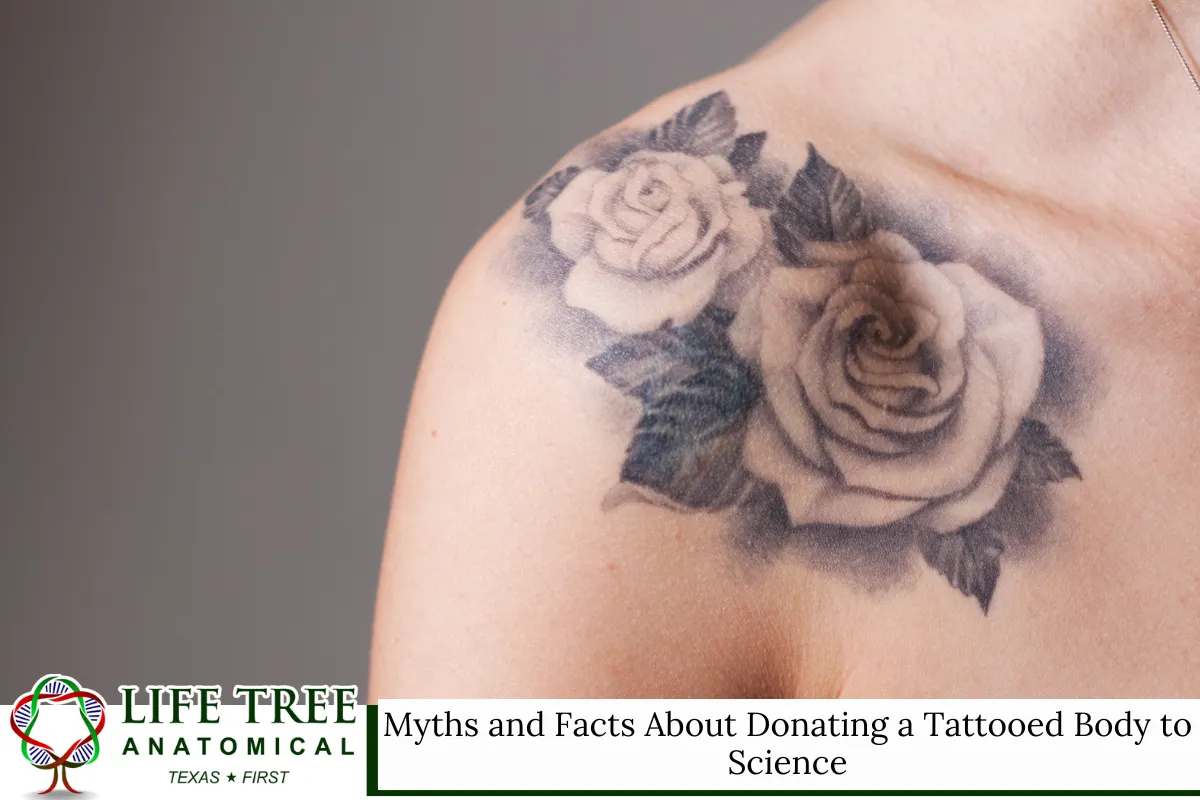
Common Misconceptions Explained
- Myth: Tattoos always disqualify a person from donating.
- Fact: Most willed body programs accept donors with tattoos unless there’s an associated medical risk.
- Myth: Only people in perfect health can donate.
- Fact: Many chronic conditions are acceptable as long as contagious diseases are absent.
- Myth: The process is costly or complicated.
- Fact: Accredited programs typically cover transportation and cremation expenses within Texas.
Important Considerations for Donors With Tattoos
If you have tattoos and want to donate your body to science in Texas, here are a few tips:
- Disclose any recent tattoos on your application, especially if done outside a licensed facility.
- If your tattoos have personal or cultural significance, let your family know your wishes so they can honor them during memorial arrangements.
- Remember, your decision helps break the stigma and shows that anyone, regardless of appearance, can make a lasting contribution.
Texas Donate Body to Science – Life Tree Anatomical
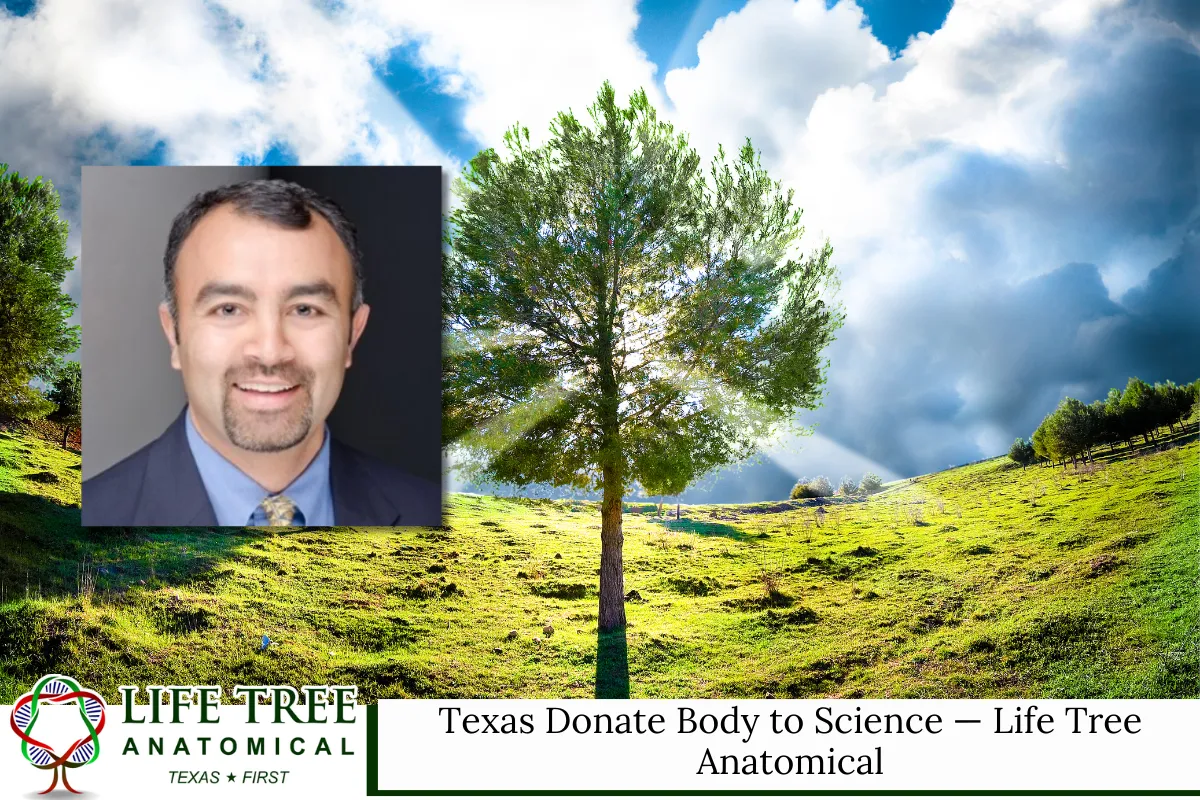
If you want to donate your body to science in Texas, Life Tree Anatomical makes the process clear, compassionate, and accessible. Our organization provides a dignified, respectful experience for donors and their families across the entire state. We handle every step, from registration to transportation, ensuring your gift supports vital medical research and education. Whether you have tattoos or unique circumstances, we welcome you to contact us with your questions. Registration is simple—just call (512) 402-8533 or fill out our online contact form to receive the requirements and registration packet. Choose Life Tree Anatomical and create a legacy that helps future generations through whole body donation.
Frequently Asked Questions
1. How long can a donated body be used for medical research or education?
Most bodies are used for a period of six months to two years, depending on the needs of the institution and the type of research or education being conducted. Some specific studies or training programs may use a body for a shorter or longer period. Once the studies are complete, the remains are cremated and, if requested, the ashes are returned to the family. Each program will clearly explain the expected timeframe during registration.
2. Can I have a memorial service if I donate my body to science?
Absolutely. Many families choose to have a memorial or celebration of life without the physical remains present, or they may hold a service once the ashes are returned after cremation. Some organizations even host annual memorial ceremonies to honor all donors. Your family’s traditions and preferences can be respected throughout the process.
3. Does my family have to pay any costs for body donation in Texas?
Generally, reputable whole body donation programs cover most or all expenses related to transport, cremation, and the return of ashes within Texas. However, if the donor passes away outside the covered area or if there are unusual circumstances (such as autopsy fees), some costs might arise. Always check with the organization in advance to understand exactly what is covered.
4. Can someone be removed from a willed body program after registering?
Yes, either the donor or their legal next of kin may withdraw from a willed body program at any time before death. If a donor’s medical condition changes significantly, or if circumstances such as recent infection arise, the program may also reconsider eligibility at the time of death. Clear communication with the program helps prevent misunderstandings.
5. Are there religious or cultural restrictions on body donation in Texas?
Most major religions allow or support body donation for science as an act of charity, but beliefs can vary. If you or your family have specific religious or cultural traditions, discuss them with your faith leader and the donation organization. Texas programs respect a wide variety of backgrounds and will help accommodate reasonable requests to the extent possible.
Read Texas Whole Body Donation: Can You Donate Directly to a Medical School?

